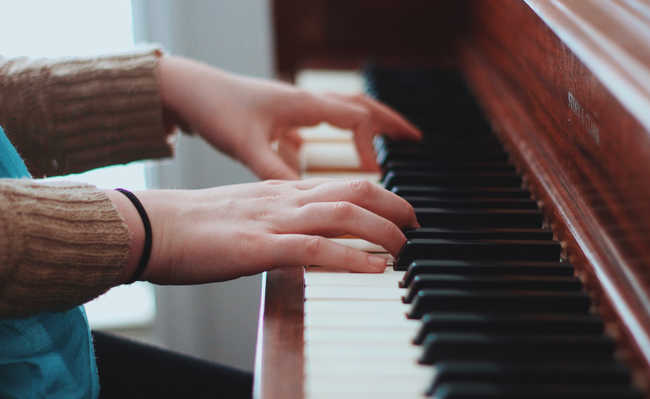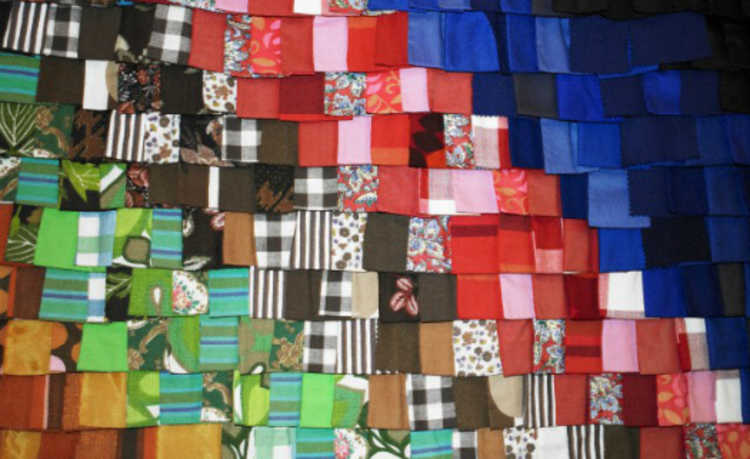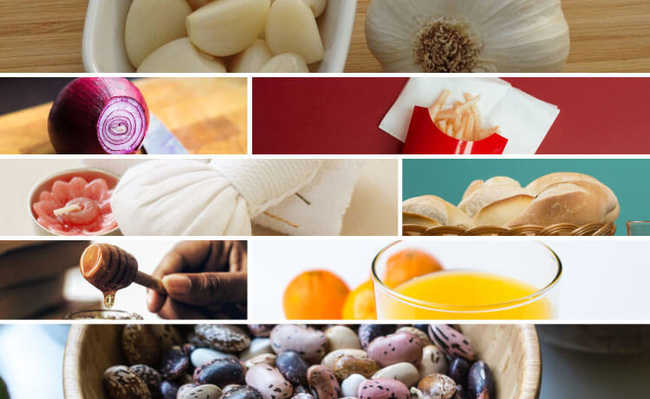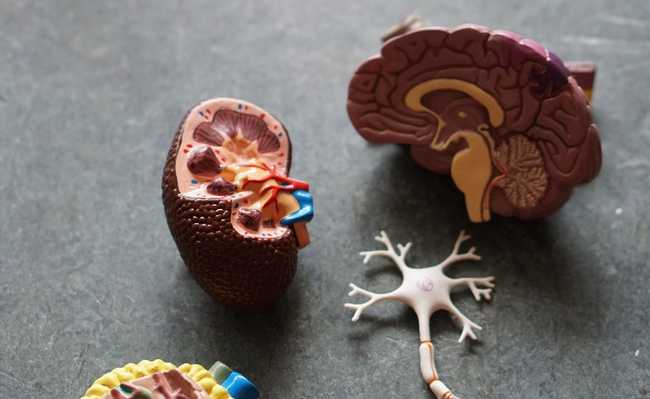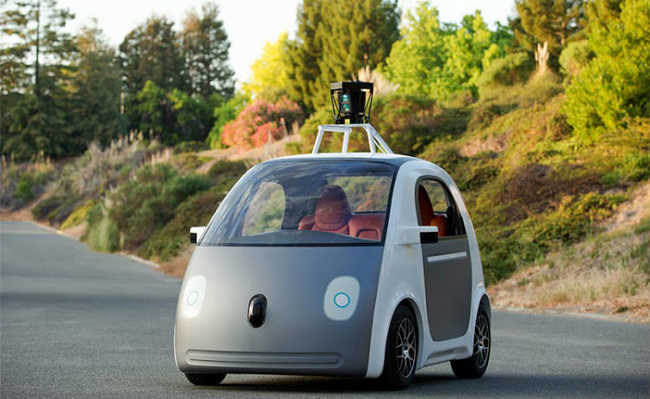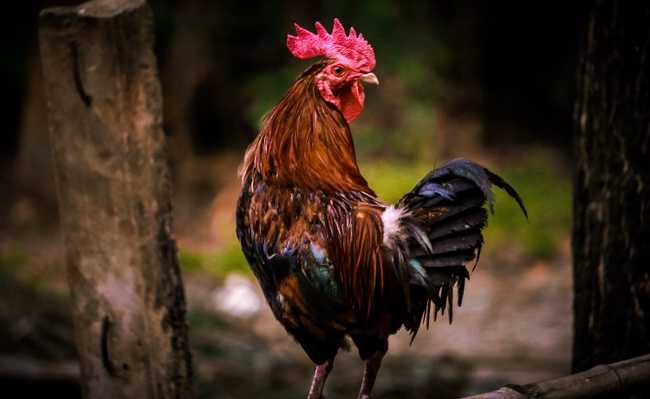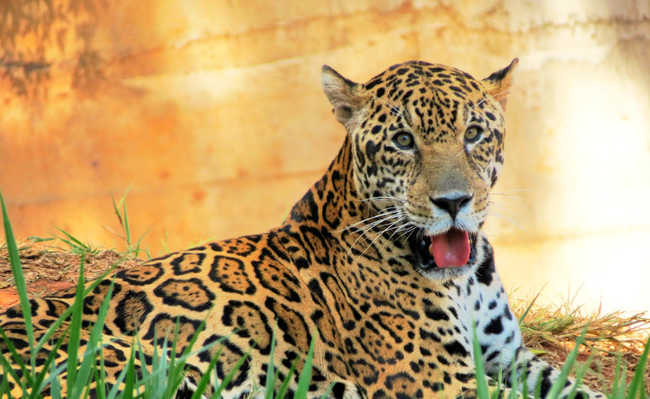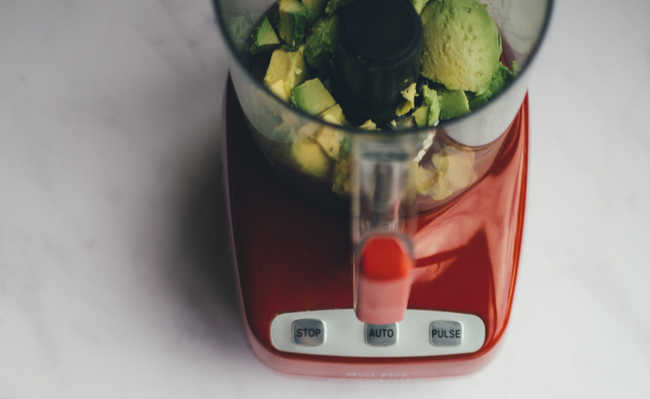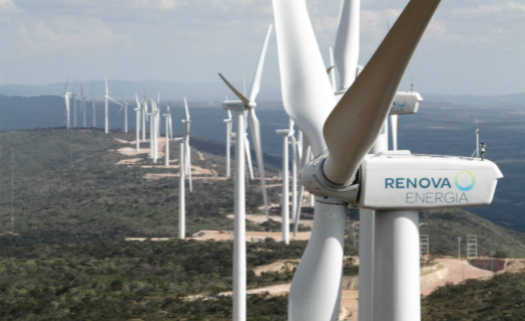Competition encourages students to develop innovative projects in bioeconomy
Contest will award the best business model based on an initiative aimed at creating sustainable renewable products; winner will be announced during BBEST 2017

Master's and doctoral students, with innovative ideas in the areas of biofuels and biomaterials, will learn how to structure a business model that transforms projects into products, processes and services of interest to the market.
On May 10, they will participate in a master class (class given by an expert in a certain area of knowledge) that integrates one of the stages of the Global Biobased Business Competition (G-BIB), whose winner will be announced during the Brazilian BioEnergy Science and Technology Conference (BBEST) 2017 – event promoted by FAPESP's Bioenergy Research Program (BIOEN) to take place between October 17th and 19th, in Campos do Jordão.
In its first edition, the G-BIB brings together master's and doctoral students from universities in Germany, the Netherlands and Brazil and is promoted by BioInnovation Growth Mega-Cluster (BIG-C) - a consortium of leading public and private institutions in biofuels. Germany, Netherlands and Belgium. The consortium's objective is to organize and integrate initiatives in bioeconomy (an economy that brings together sectors that use biological resources in a sustainable way) in these European countries.
The purpose of the contest is to encourage entrepreneurship and innovation on the part of postgraduate students in the field of Applied Sciences.
To achieve this goal, the challenge posed to the participants was to develop an innovative business model based on a project aimed at developing renewable products in a sustainable way.
"The idea of the competition is to encourage graduate students to look at the results of their research with a view to transforming them into an innovative product, service or process that can become their activity in the future, and generate employment, income and value for society”, said Heitor Cantarella, a researcher at the Agronomy Institute (IAC) and one of the general secretaries of BBEST 2017, to FAPESP Agency.
19 teams of students from Brazil participate in the competition, 15 from the State of São Paulo – linked to the Universities of São Paulo (USP), State of Campinas (Unicamp), State of São Paulo (Unesp) and Taubaté (Unitau), in addition to the Laboratory National Science and Technology of Ethanol (CTBE) –, two teams from the Federal University of Rio de Janeiro (UFRJ), one from the Federal University of Minas Gerais (UFMG) and another from the Federal University of Ceará (UFC).
Each team is composed of at least two master's or doctoral students and a supervisor from their respective universities or research institutions.
In January, the German and Dutch teams met in Wageningen, the Netherlands, for a joint contest launch meeting, where they had the opportunity to present the title and a short summary of their projects and watched a video on relevant issues that must considered to develop a robust business plan. The Brazilian teams participated in a similar meeting in São Paulo in early March.
“The teams' projects are at different stages of development,” said Luiziana Ferreira da Silva, a professor at the Institute of Biomedical Sciences at USP and president of the BBEST 2017 local committee. “Some projects represent an idea, others already have something developed and also there are some that are already in a prototype development phase,” he said.
During the master classes that will take place on May 10th, in Brazil, and at the end of May, in Europe, the Brazilian and European teams will learn to structure a business model based on Canvas – a strategic planning tool that allows you to develop and design new or existing business models – with the help of a mentor with experience in creating technology-based start-ups (startups).
The business model of each team will be presented and evaluated by a jury of experts during the semifinal phase of the competition, which will be held in June in Europe, bringing together teams from Germany and the Netherlands, and in July, at FAPESP, with the participation of the Brazilian teams.
The final phase of the competition will be in October, in São Paulo. The winning team will receive a prize worth €10,000 to execute the business project they developed.
“Even if they don't win the award, the teams that don't win the competition will also have the benefit of participating in the training for the development of their business models and having a mentor to guide them”, assessed Silva.
BBEST 2017
According to Cantarella, the projects entered in the competition are included in the theme of BBEST 2017, which is “Designing a Sustainable Bioeconomy”.
The theme was chosen because of the growing importance of promoting the expansion of the economy through new opportunities that allow reducing greenhouse gas (GHG) emissions and promoting sustainable development, both in Brazil and in the world.
The event's scientific program will cover issues related to raw materials – such as agronomy, genetic improvement and biotechnology of energy plants – as well as engines and other conversion devices, sustainability and environmental and socioeconomic impacts.
Alongside the scientific part of the event, BBEST 2017 will feature other activities aimed at promoting greater collaboration between the private sector and academia, such as presentations of research, development and innovation (R&D&I) strategies by invited companies and discussion rounds between companies and gym.
Large and medium-sized companies in the bioenergy sector, as well as startups, will be invited to these activities.
The event's program also includes lectures by researchers from Brazil and abroad, as well as a poster session and prize for the best scientific papers presented by the participants. More information about BBEST 2017: www.bbest.org.br.


